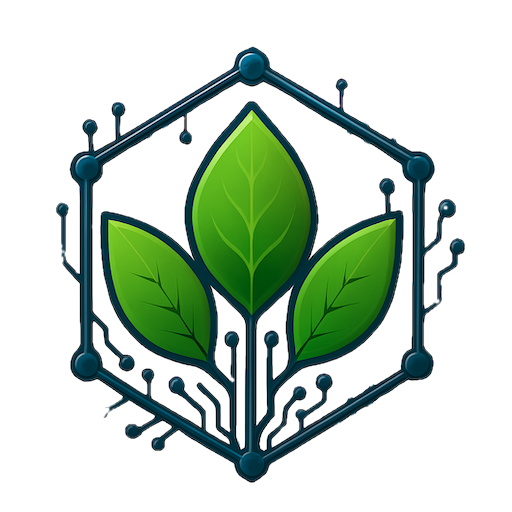A selection of articles published on Substack and linked here along with NotebookLM generated dual host audio podcasts.
75 Years of the Turing Test
Reflections on AI from the Royal Society by Mal Minhas
A write up of an event celebrating the 75th Anniversary of the Turing Test, noting that while modern AI can often appear human in conversation, the test’s focus on imitation may be outdated. An impressive array of speakers and panellists called for new frameworks to better assess understanding and intelligence in today’s AI systems.
Listen to NotebookLM podcast of this post:
How Data Unlocks AI Success
Why Data Mastery Drives Consumer AI Success by Mal Minhas
Many organisations face “data chaos”: siloed, duplicated, stale and ungoverned assets, plus batch-only pipelines that starve AI models of timely context. The remedy requires foundations, not another tool. With trustworthy, well-modelled and accessible data, AI moves from proofs of concept to durable, measurable business outcomes.
Listen to NotebookLM podcast version of this post:
Team Tapestry
How to Tame Your OKRs, Metrics and Roadmap by Mal Minhas
Tech teams can struggle to construct and align OKRs, metrics, and roadmaps if they don’t have much prior context. This post outlines some of the common challenges and introduces an app called Team Tapestry specifically designed to support teams to build a unified vision while undertaking quarterly planning.
Listen to NotebookLM podcast version of this post:
Experiments in AI Coding
Fatal Exception: Developer Does Not Exist by Mal Minhas
AI code generation tools are profoundly reshaping how software is built. This post reflects on my hands-on experiences with tools like Lovable, Cursor, and ChatGPT, compares design-led and engineering-led approaches, and introduces a combined workflow that combines these tools to deliver high quality working applications fast.
Listen to NotebookLM podcast version of this post:
AI and Business Transformation
Hype, Innovation and Value Realisation by Mal Minhas
At the SaaS CTO Unconference in London in September 2024, a panel explored whether AI is a lasting transformation or just hype. Drawing on tech history, I outlined four criteria for identifying transformative technology such as AI: user value, ease of integration, platform flexibility, and openness. AI’s impact will ultimately depend on collective choices we make.This post also introduces the POMIC framework and shapes. The ideas here have since evolved into the AI Future Ready framework.
Listen to NotebookLM podcast version of this post:
Tech Organisation Design
Crafting Tech Teams With Balanced Skills for Tomorrow’s Tech Challenges by Mal Minhas
How can tech leaders can build effective, resilient teams amid today’s volatile business landscape, where productivity pressures, AI advances, and shifting operating models are reshaping expectations? I highlight the growing importance of cross-functional collaboration, product-oriented thinking, and soft skills. I compare the in-house approach with more flexible models.
Listen to NotebookLM podcast version of this post:
